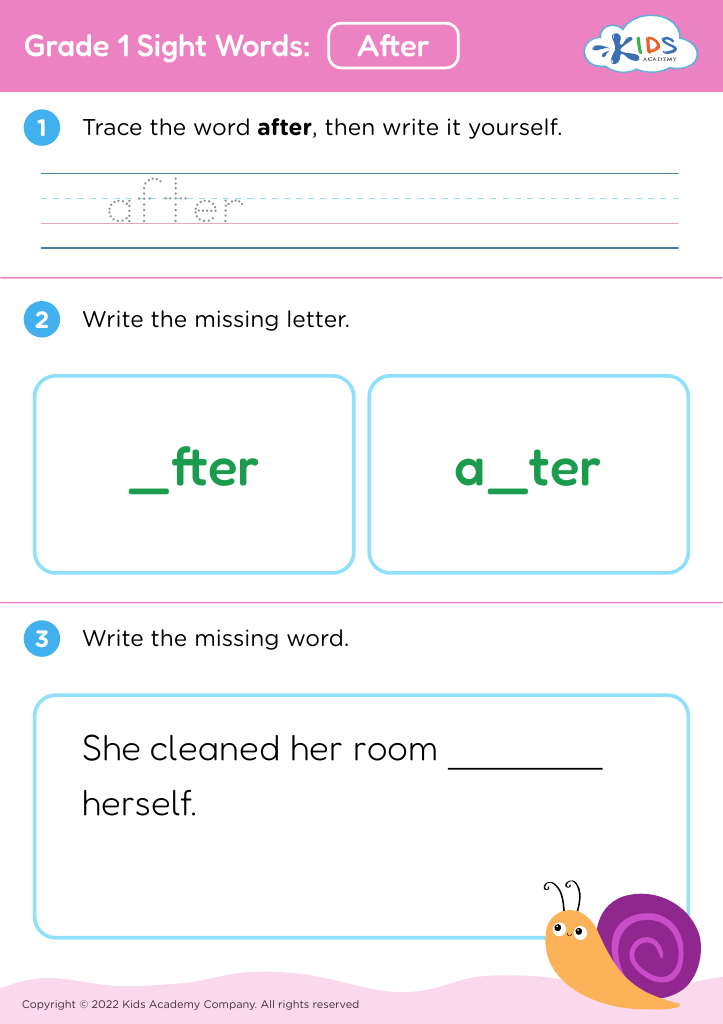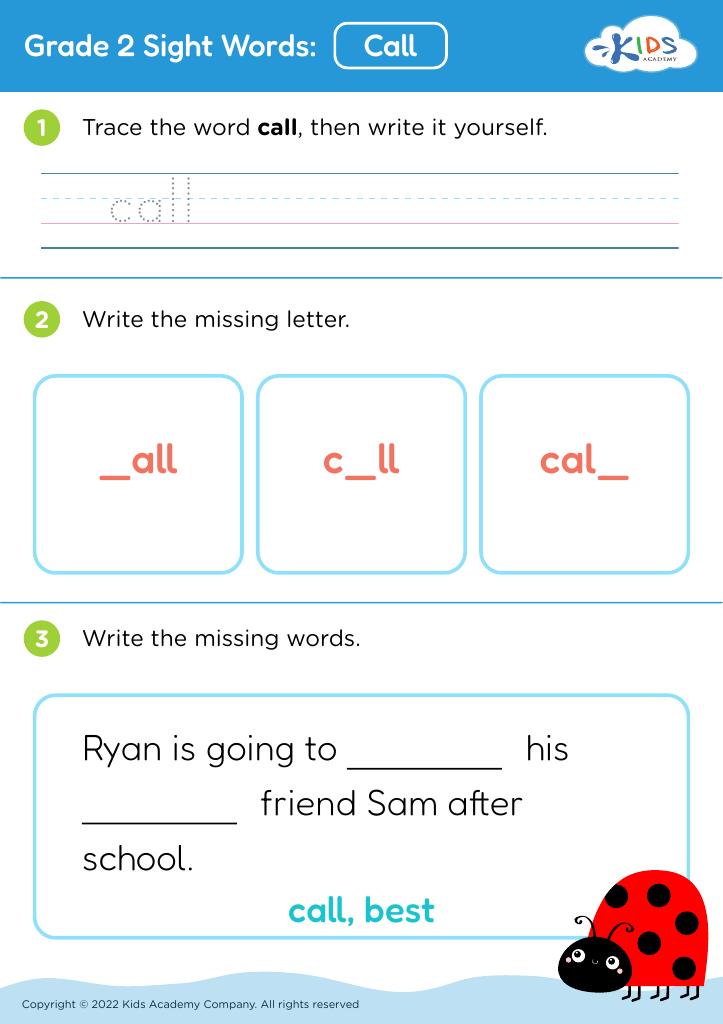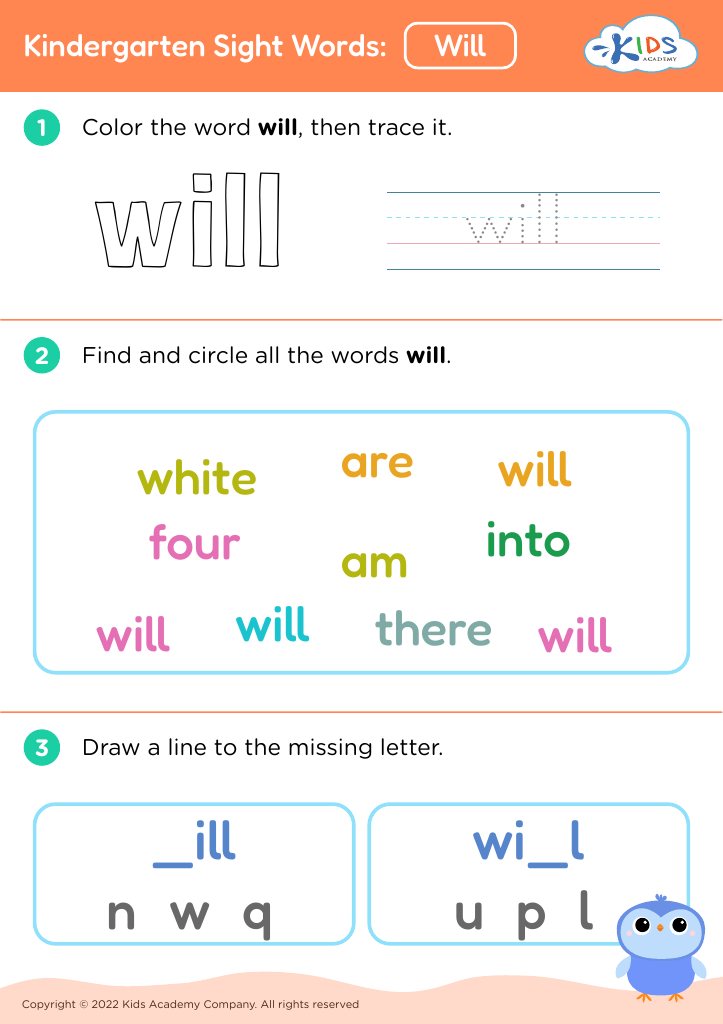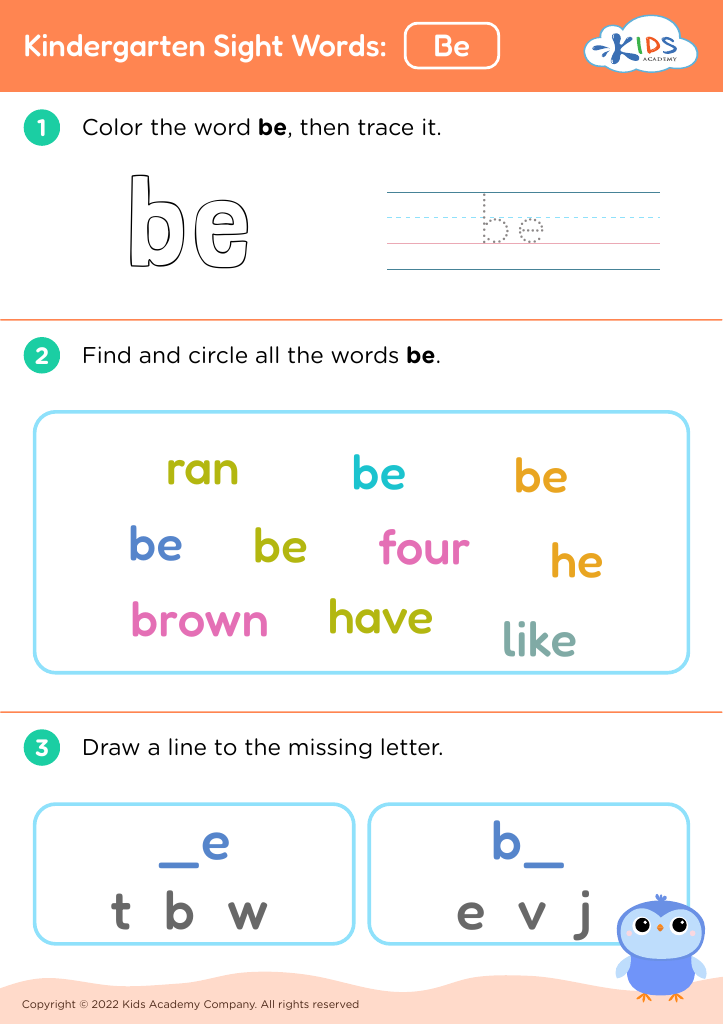Simplifying Fractions Reading Worksheets for Ages 6-9
6 filtered results
-
From - To
Introduce young learners to the magic of fractions with our "Simplifying Fractions Reading Worksheets for Ages 6-9". These engaging, educational worksheets combine fraction fun with reading practice, helping children understand and simplify fractions while boosting their literacy skills. Our age-appropriate exercises use colorful visuals and clear instructions to guide students through the process, enhancing comprehension and making learning enjoyable. Perfect for classroom or at-home practice, these worksheets will build confidence in both math and reading. Make the learning process exciting and effective – explore our simplifying fractions reading worksheets today!
Simplifying Fractions is a fundamental mathematical skill that significantly benefits children aged 6-9. At this pivotal age, introducing the concept of simplifying fractions can create a solid foundation for future mathematical learning. It helps enhance their understanding of numbers and their relationships, which is a critical part of developing number sense.
When parents and teachers focus on teaching children how to simplify fractions, they promote better problem-solving skills and critical thinking. These skills are not only essential in math but also across other academic disciplines and in real-life situations. Simplifying fractions makes complex problems more manageable, which can build a child's confidence and interest in math, transforming a potential area of struggle into one of strength and enjoyment.
Moreover, a firm grasp of simplifying fractions directly supports more advanced topics such as ratio, proportion, and algebra, which are introduced in higher grades. Therefore, making fractions simpler and more understandable at an early age ensures smoother progression in math.
In addition to academic benefits, simplifying fractions helps with everyday tasks, such as cooking or sharing, whereby children can divide items into fair portions easily. Hence, investing time in helping ages 6-9 understand this concept results in both immediate and long-term advantages, making it a crucial aspect of early education.











.jpg)











